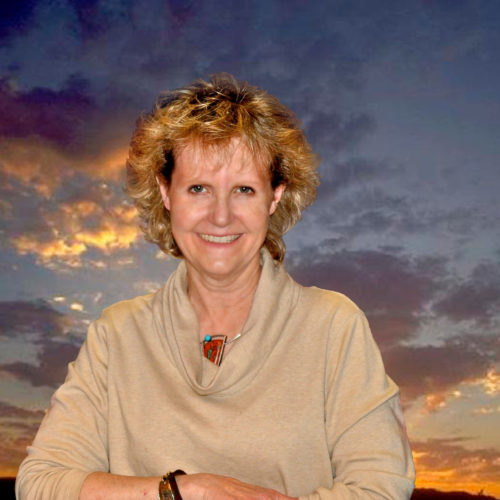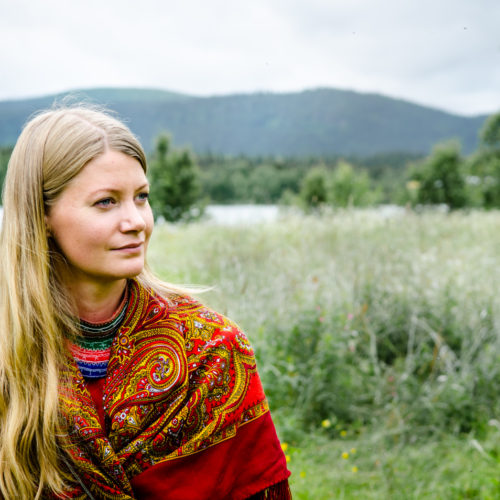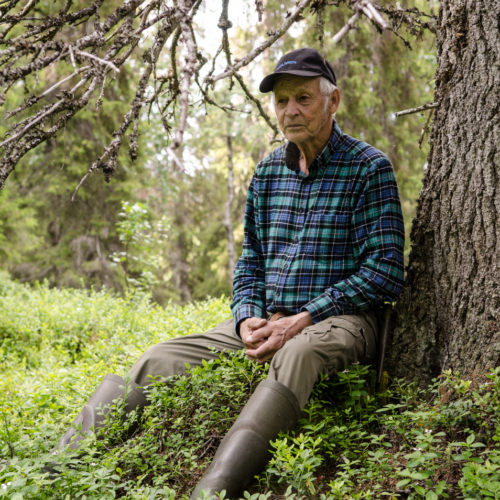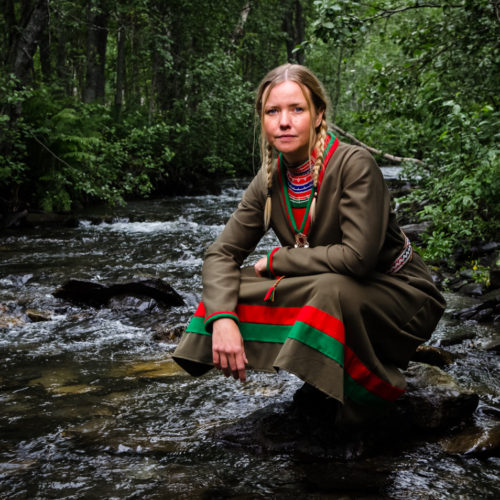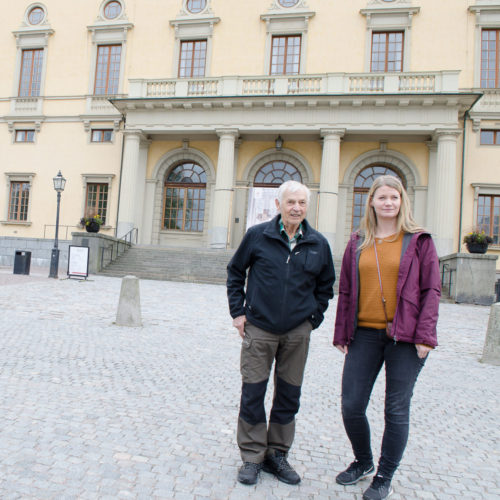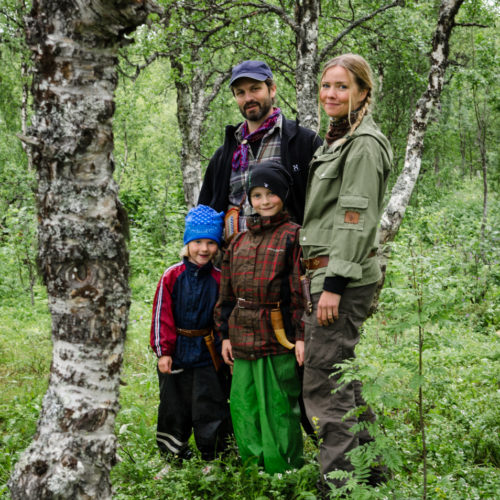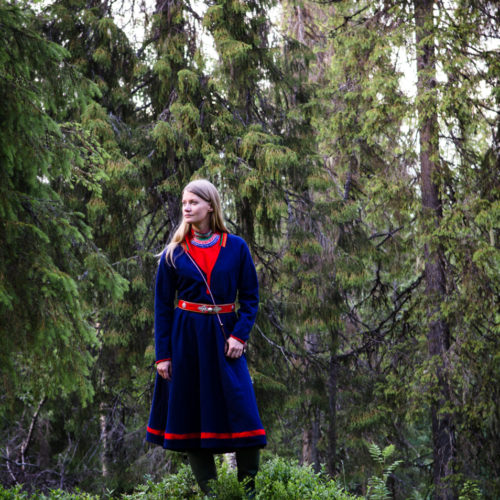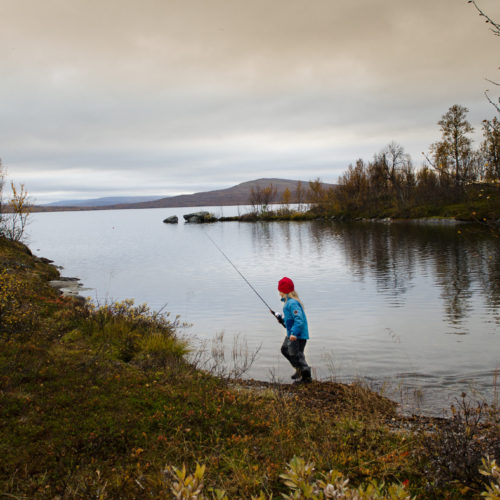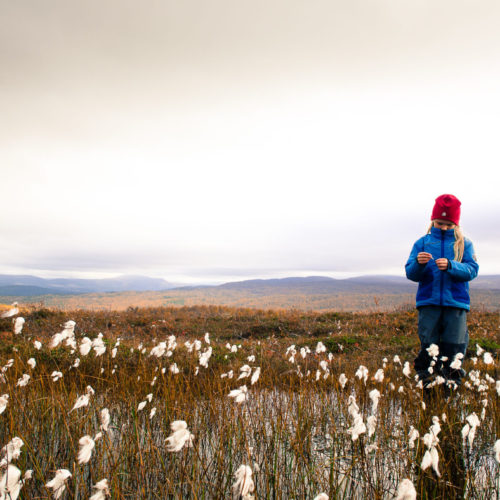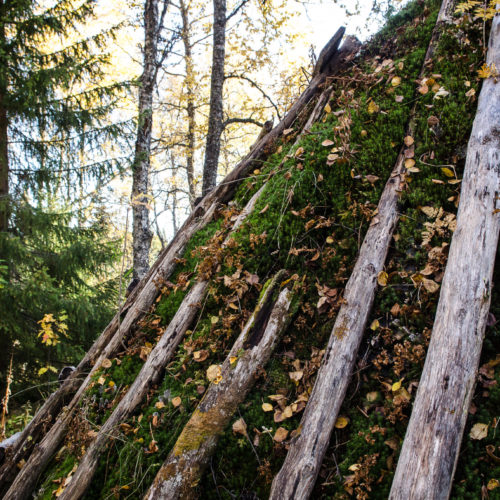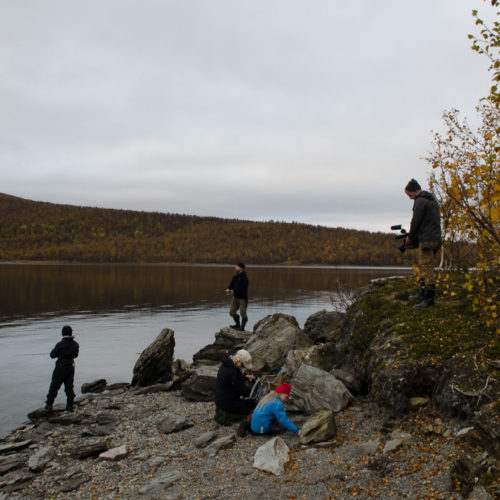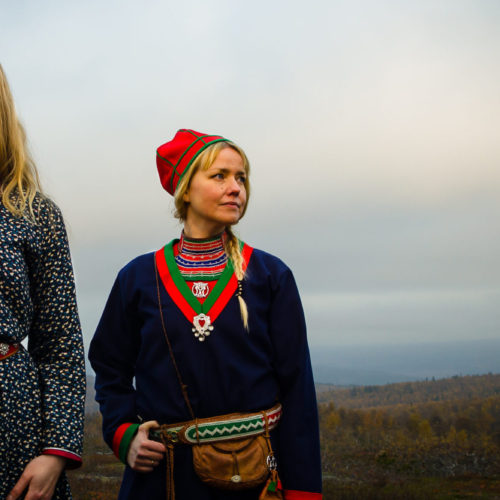I n the Northern areas of Scandinavia where the indigenous Sami people have lived since the ancient times, lies a secret that the people are ashamed to talk about. The Sami people are in a race against time to gather as much information and wisdom from their elders before they pass away while simultaneously struggling to save their lands, water and culture from extractive industries. In Still Here, we introduce two powerful women; Josefina Skerk, a Sami, queer, environmentalist, feminist and politician who has chosen to quit University where she was studying law, to return to her Sami village of 50 people, all over the age of 40, to learn the traditions of her people before they are lost; and Marie Perrson, a mother, Sami, artist and women’s, environmental and human rights activist who has given up so much in order to save her people’s land from the fate of a destructive open pit mine. Still Here is a poetic yet exhilarating tapestry of these two women’s stories of struggle and triumph told among the backdrop of the quiet stillness and beauty of the land they inhabit.
Idanha Films
STILL HERE
Following the lives of two heroic women giving a voice to the the Sami People of Sweden, Still Here takes you on an emotional journey on how these indigenous women are mending their scars and dedicating their lives to saving the stories, culture, traditional lands and language of their ancestors.
STILL HERE is a poetic yet exhilarating tapestry of these two women’s stories of struggle and triumph told among the backdrop of the quiet stillness and beauty of the land they inhabit.
W e follow Josefina on her journey to learn traditional moose hunting and fishing from her Grand Uncles, race through the forest with Marie as she attempts to bear witness to the destruction of the largest open pit mine in Sweden; join Josefina looking through shocking photos of her relatives who were a part of the racial biology testing in Sweden, and sit with Marie in a sacred ceremony to protect her ancestral land and water in which a nickel mining company has received permits to destroy with an open pit mine.
Through the emotional struggles that Josefina and Marie go through we hope the audiences will find the strength and courage in themselves to stand up for what they believe in and to fight for the earth, women’s rights, equality and indigenous freedom as well as gain knowledge about these beautiful people who are standing up for their rights every day.
Through the emotional struggles that Josefina and Marie go through we hope the audiences will find the strength and courage in themselves to stand up for what they believe in.
S TILL HERE is the meeting point of the past and present of the Sami People. Some of their land has been exploited for mining, wind power, and oil and gas industries, but there are untouched areas that still bear the traditional Sami names for the rocks, trees and mountains. Using expository and poetic modes of documentary filmmaking, we intend to explore that tension that exists in Sapmi (the Sami area of Sweden) to understand the emotional and physical scars that colonization leaves on a people and their land. To seek humility in one’s urgent attempt to hang on to their culture. And to find tranquility in their love of their people and land.
The artistic thread that will weave this film together will be a style of beauty and grace. A beauty and grace that we see emanating from the Sami people and their land. Even as we watch Josefina listening so intently to her Grand Uncle, Kuno, it is soft, slow and even magical because we know that she wants to understand every word he is saying. We change the pace of the footage, occasionally using slow motion as a means of bringing the viewer closer to the subject or giving them time and space to absorb the emotion. The film will be deliberate and captivating. It will have a deep sense of emotion that will bring you to tears of sadness and tears of joy while taking you to a place of despair as well as optimism.
U sing a drone camera, which captures the vast beautiful landscape where the Sami have lived for thousands of years, we are able to draw the audiences in as the drone leads us into the forest to go moose hunting or fly over the most destructive open pit mine in Sweden.
The integration of yoiking, traditional music, poetry and storytelling will be key to help tell our story of Marie, Josefina and the Sami people. Music is a powerful tool in films. Even when the music stops and the silence is so piercing it takes your breath away. We want there to be these moments in the film.
We intend to explore that tension that exists in Sapmi (the Sami area of Sweden) to understand the emotional and physical scars that colonization leaves on a people and their land. To seek humility in one’s urgent attempt to hang on to their culture. And to find tranquility in their love of their people and land.
W e are currently at 80% completion of our filming and production. We just got back from an amazing two week trip to Sweden in which we filmed at least 50% of the film. Our final trip to Sapmi will be in the winter/spring of 2018 during the harsh winter so that we see all seasons in which the Sami people live. We are beginning to write the script and lay out the storyboard so that our trip in 2018 will allow us to get anything else that we absolutely need for the film. Editing and post production will start in Spring 2018 depending on funding. Our planned completion date for Still Here is Spring 2019. Following completion we will submit entries to various film festivals and our hope is that Still Here will eventually pick up a broadcast contract.
CREATIVE TEAM
Filmmakers + Activists + Visionaries
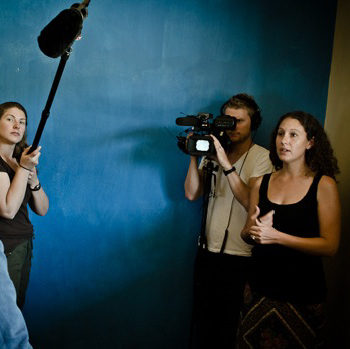
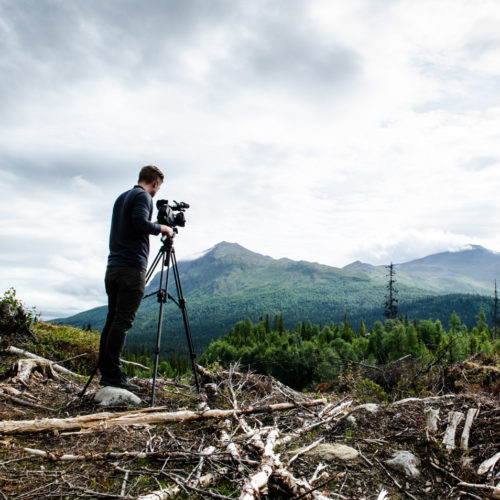
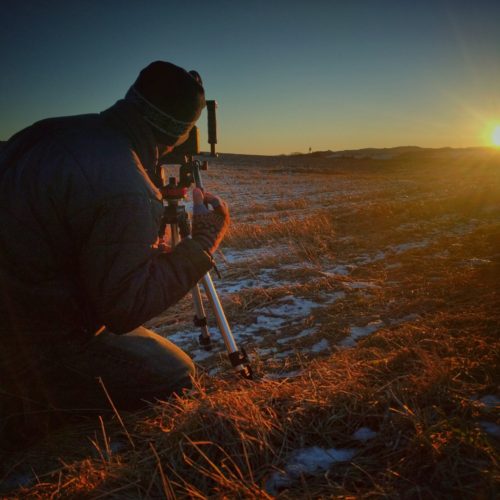
His projects and images have been exhibited in group and solo shows throughout the US as well as numerous editorial publications.
